Stewards for the Future
On March 20 and 21, more than 250 agrologists from across Saskatchewan will gather online to enjoy a variety of innovative presentations discussing the current issues related to agrology in Saskatchewan. The annual event brings together professionals from the agricultural, food, bioresources, and environmental sectors.
Agrologists are guardians of the food system, stewards of the environment, and innovators of the economy. Their work impacts every person in the province and beyond, every day. The two-day event will feature educational sessions, a keynote speaker, the SIA’s 78th Annual General Meeting, and the annual Honours and Awards presentation.
Notice of Annual General Meeting
The SIA Provincial Council invites you to join them in the 78th celebration of the Saskatchewan Institute of Agrologists (SIA)
This event will be held ONLINE at no cost.
♦ Download the Agenda and meeting package here!
♦ Download a copy of the SIA 2023 Annual Report here!
*Articling Agrologists must attend all sessions to count the convention and AGM as a milestone.
Schedule
| March 20, 2024 |
Speaker | Session Title |
| 9:30 am to 9:45 am | Welcome & Opening Remarks | |
| 9:45 am to 10:45 am | Linda Gorim, University of Alberta | Humalite- To apply or not to apply in your field? |
| 10:45 am to 11:00 am | Break | |
| 11:00 am to noon | Anne McIntosh, University of Alberta | Succession after reclamation: Identifying and assessing indicators of ecological recovery on reclaimed oil and natural gas well pads in Alberta’s native grassland |
| Noon to 12:30 pm | Break | |
| 12:30 pm to 1:30 pm | Leah Clark PAg, Water Security Agency |
Irrigation Opportunities in Saskatchewan |
| 1:30 pm to 1:40 pm | Break | |
| 1:40 pm to 2:40 pm | Jen Beverly, University of Alberta | Canada’s 2023 wildfire season – key insights for understanding and assessing risk |
| 2:40 pm to 2:50 pm | Break | |
| 2:50 pm to 3:50 pm | James Tansey AAg, SK Ministry of Agriculture |
2023 Pest Surveys and Prospects for 2024 |
| March 21, 2023 | Speaker | Session Title |
| 9:30 am to 9:45 am | Welcome & Opening Remarks | |
| 9:45 am to 10:45 am | Barbara Cade Menum, Agriculture & Agri-Food Canada | Phosphorus cycling in soils and water: Insights from research in Southern Saskatchewan |
| 10:45 am to 10:55 am | Break | |
| 10:55 am to 11:55 am | Bart Lardner PAg, University of Saskatchewan | Applied Beef Cattle & Forage – Past and Present |
| 11:55 am to 12:30 pm | Lunch Break | |
|
12:30 pm to 1:30 pm
|
Danny Blair, University of Winnipeg | The Growing Issue of Climate Change |
| 1:30 pm to 1:40 pm | Break | |
| 1:40 pm to 3:15 pm |
SIA’s Honours & Awards Presentation
|
Speaker and Session Details
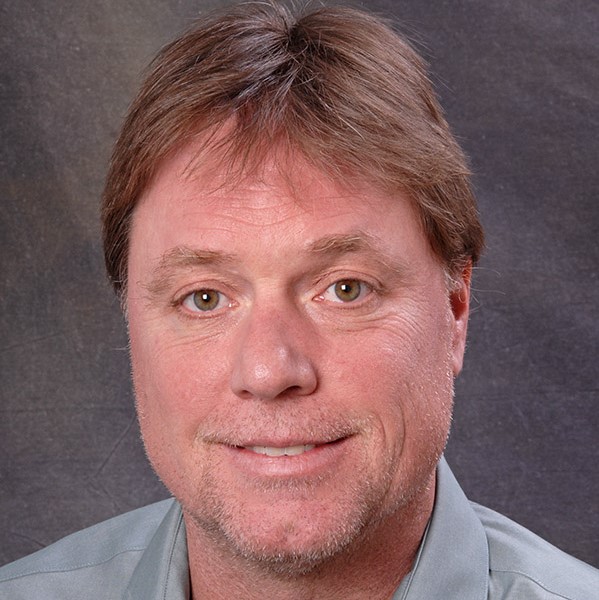
2023 Pest Surveys and Prospects for 2024
James Tansey AAg, Saskatchewan Institute of Agrologists
About the Session: TBA.
About the Speaker:
- James has been the provincial insect/pest management specialist with the Ministry of Agriculture, Saskatchewan, since January 2018. This role allows him many opportunities to contribute to solutions to insect and vertebrate pest issues throughout Saskatchewan.
- Prior to this, he worked as a research scientist in the pharmaceutical industry in Idaho working on house dust mite allergen expression and commercial yield stabilization.
- Postdoctoral fellow at the University of Florida working on citrus pests.
- His doctoral research and first postdoc focused on field crops entomology at University of Alberta, working on some major insect pests of canola.
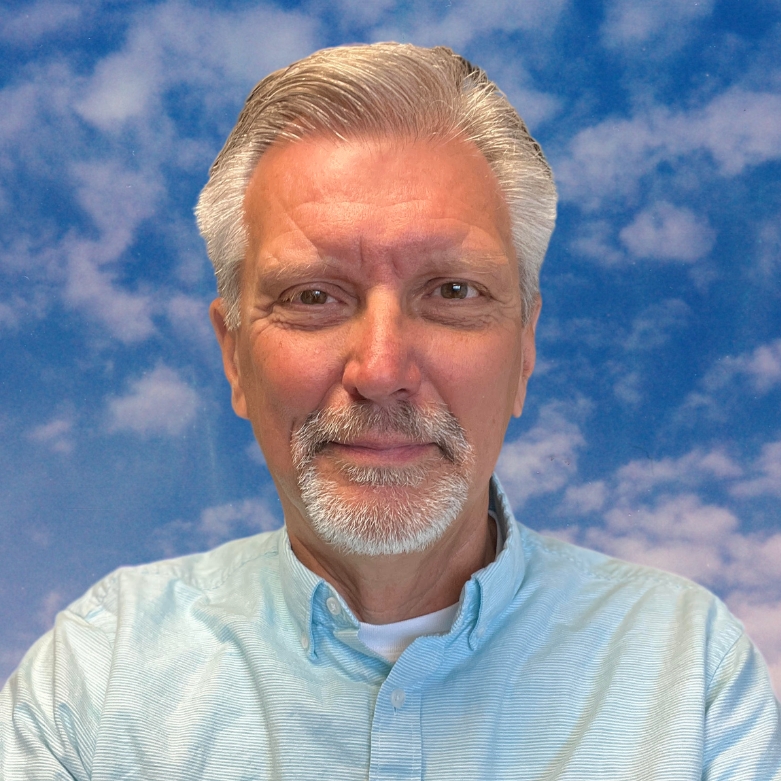
The Growing Issue of Climate Change
Danny Blair, Professor, University of Winnipeg, Department of Georgraphy
About the Session: Year by year, climate change is an increasingly important issue globally and locally. The presentation will review the projections for climate change in the Prairies and the implications for agriculture.
About the Speaker:Danny Blair is a Professor in the Department of Geography at the University of Winnipeg, where he has been working since 1987, mostly teaching courses related to weather and climate. He is also Co-Director and Co-Founder of the University of Winnipeg’s Prairie Climate Centre. Its ground-breaking Climate Atlas of Canada (www.climateatlas.ca) is one of Canada’s most used climate information websites. He obtained his Geography BSc and MSc degrees from the University of Regina and his PhD from the University of Manitoba.
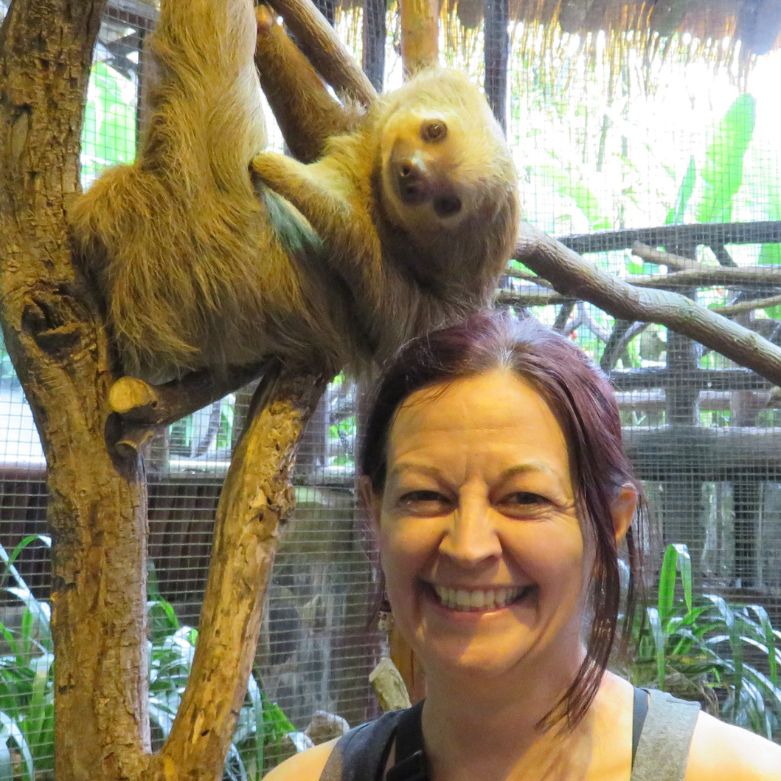
Succession after reclamation: Identifying and assessing indicators of ecological recovery on reclaimed oil and natural gas well pads in Alberta's native grassland.
Anne McIntosh, University of Alberta
About the Session: Over the last 70+ years, Alberta has accumulated over 100,000 wellsites that have been certified as re-claimed or are considered exempt from reclamation. To address a lack of long-term monitoring of reclaimed wellsites, the ecological recovery monitoring project has developed protocols for assessing their recovery. We sampled 18 reclaimed wellsites and adjacent native grasslands in Alberta’s Dry Mixedgrass National Subregion using these protocols. We measured soil properties (e.g., pH, bulk density), plant vegetation percent cover by species, and explored the functional diversity of the wellsites. Our goal was to determine if certified reclaimed forested lands were on a positive successional trajectory for recovery. In this presentation I will share our sampling protocols along with some of the findings from the sampled grasslands.
About the Speaker: Anne McIntosh is an Associate Professor of Biology at the Augustana Campus of the University of Alberta, as well as Associate Dean of Teaching. As an ecologist, her research program focuses on understanding mechanisms underlying ecological recovery of understory plant community assemblages in northern ecosystems in the face of global environmental change and an increase in human footprint. She has been conducting ecological plant community and soils research for 25+ years in diverse ecosystems in the northern hemisphere (e.g., Canada, USA, Costa Rica, Sweden).
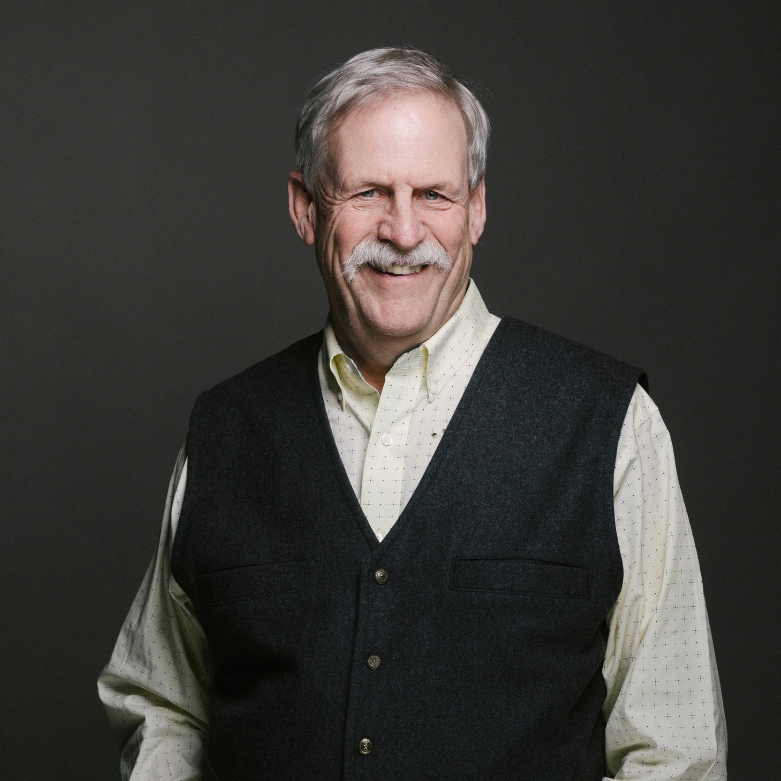
Applied Beef Cattle & Forage Research - Past and Present
Bart Lardner PAg, Professor, University of Saskatchewan, College of Agriculture & Bioresources
About the Session: Bart’s presentation will highlight aspects of previous, ongoing, and future research focusing on beef cattle and forage management.
About the Speaker: For the past 30 years, Dr. Bart Lardner has managed a research program focusing on applied beef cattle management and forage production.
Dr. Lardner is a Professor in the Department of Animal and Poultry Science at the University of Saskatchewan where he mentors undergraduate and graduate students and teaches courses in beef cattle nutrition and pasture management. His program also focuses on water management in cow-calf systems, summer and winter grazing systems, heifer development, applied genomics and the beef industry’s impact on the environment. Dr. Lardner works closely with producers to ensure applicability of results back to stakeholders.
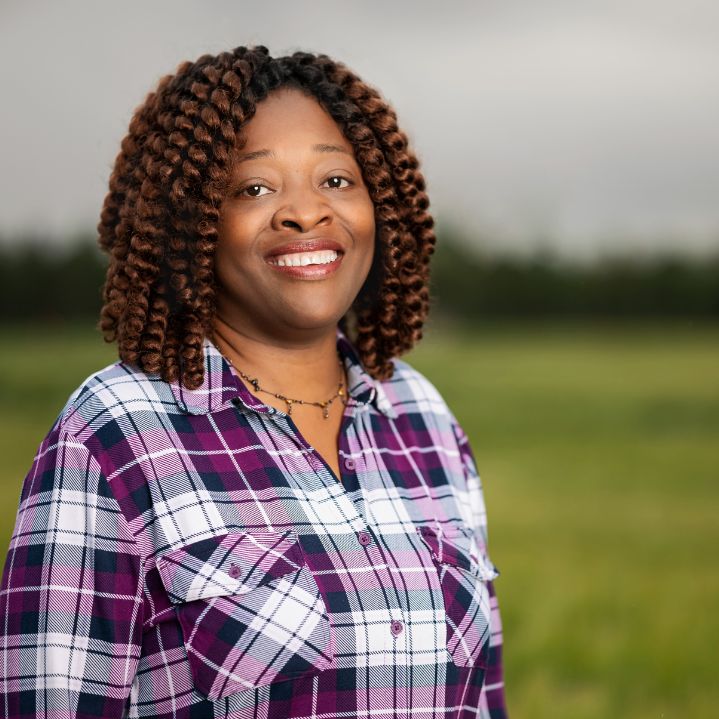
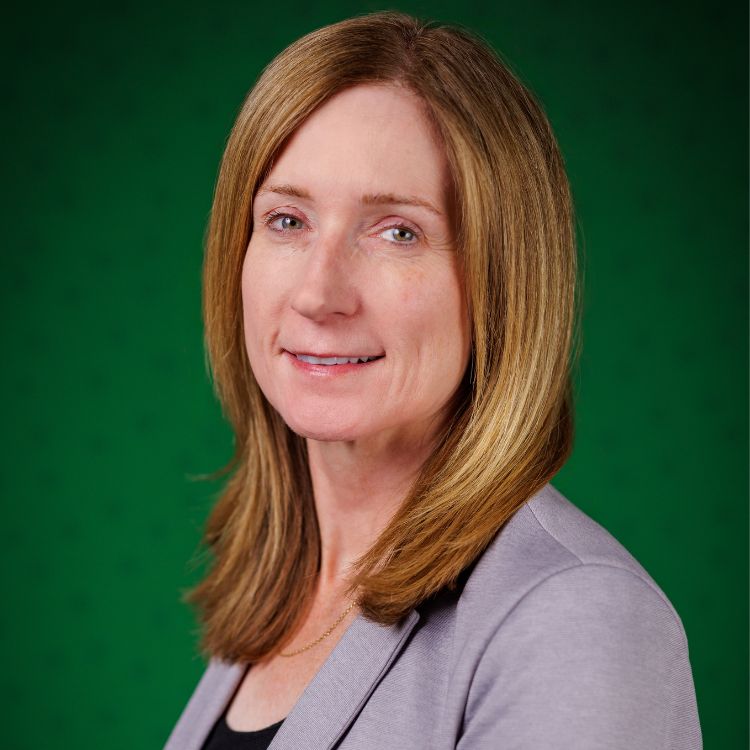
Humalite- To apply or not to apply in your field?
Dr. Linda Y. Gorim, Crop Unit Academic Lead, Assistant Professor, WGRF Chair in Cropping Systems, University of Alberta
About the Session: Humic substances are commonly being promoted to producers in Western Canada. Reviewed literature reveals that effect of humic substances is dependent on their type, source, molecular size and functional groups present amongst other factors. Humalite, a humic substance found in huge deposits in Alberta and Saskatchewan has been tested indoors and in field trials in black, grey and brown soil zones in Alberta. Results indicate that although humalite promotes crop morphological growth, mainly root growth; this did not translate to on-farm wheat and canola yields. Incubation experiments to evaluate the effects of humalite on soil pH is on-going.
About the Speaker:
Dr. Linda Y. Gorim
Crop Unit Academic Lead, Assistant Professor, WGRF Chair in Cropping Systems
Department of Agricultural, Food and Nutritional Science
Canada’s 2023 wildfire season – key insights for understanding and assessing risk
Jen Beverly, University of Alberta
About the Session: Key insights for understand and assessing the risk of wildfires.
About the Speaker: Dr. Beverly is an Associate Professor at the University of Alberta. Her research team currently focuses on various aspects of wildfire risk assessment – with the overarching goal of providing decision makers with tools to ensure social and ecological systems thrive in fire-prone environments. She is a fire behaviour specialist and former helitack crew leader with firefighting experience obtained in multiple Canadian provinces, as well as Montana and Oregon
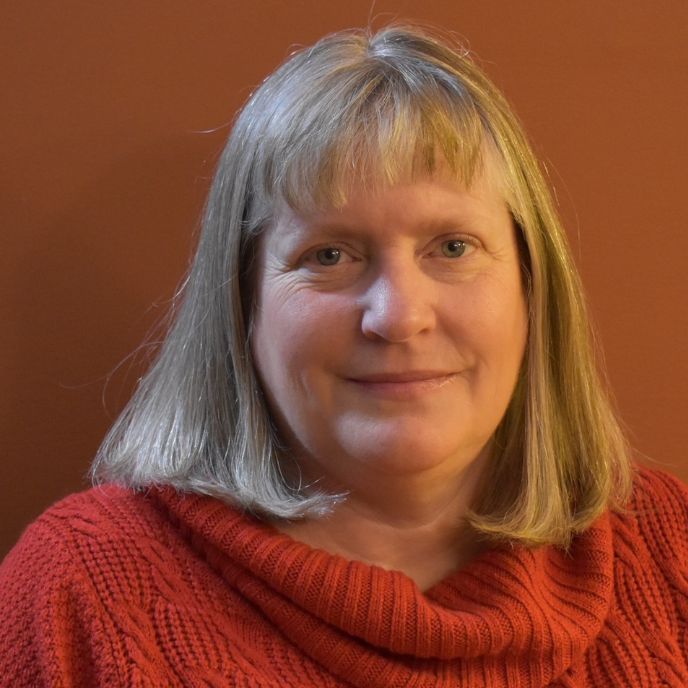

Phosphorus Cycling in Soils and Water: Insights from Research in Southern Saskatchewan
Barbara Cade Menum, Agriculture & Agri-Food Canada
About the Session: All plants need phosphorus (P) to live and grow, and fertilizers must be applied to many soils for good crop yields. However, chemical P fertilizer are developed from mined rocks, which are a non-renewal resource. In addition, P fertilizer is soluble and can be lost from fields in runoff. When this runoff moves into water bodies, it can cause growth of algae, which causes water quality problems. Understanding of the factors controlling P cycling in soil and water is important for maximizing crop P use efficiency. This presentation will explain the many forms of P that exist in soil, and how they contribute to the pool measured by soil P tests. It will also describe the effects of agricultural management practices that can positively affect soil P cycling, and potentially increase runoff losses and water quality problems..
About the Speaker: Dr. Barbara Cade-Menun is a Research Scientist with Agriculture & Agri-Food Canada at the Swift Current (SK) Research and Development Centre, studying phosphorus cycling in soil and water. She has a MSc in soil biology and a PhD in soil chemistry from the University of British Columbia. She is also an adjunct professor at the University of Saskatchewan. Dr. Cade-Menun is a Fellow in the Soil Science Society of America and the Canadian Society of Soil Science, received the “Influential Woman in Canadian Agriculture” award (2020), and is a “Soil Science Superhero” at the Canadian Agricultural Museum.
Irrigation Opportunities in Saskatchewan
Leah Clark PAg, Water Security Agency
About the Session:
Leah Clark MSc, Pag Executive Director of Irrigation and Economic Development will present on Irrigation in Saskatchewan and some of the opportunities Water Security Agency is exploring around the province of Saskatchewan.
About the Speaker:
Leah Clark has been a Professional Agrologist for 15 years. Her background includes a few positions in government including Extension Agrologist, Provincial Cattle Specialist, Director of Irrigation Development and now Executive Director of Irrigation and Economic Development. Leah is passionate about influencing policy that is practical adoptable and outcome focused to support a Sustainable Agriculture Industry in Saskatchewan. She and her husband Patrick have 2 daughters. If Leah is not in the office, you will most likely find her helping out at the family farm or at the Lake.
